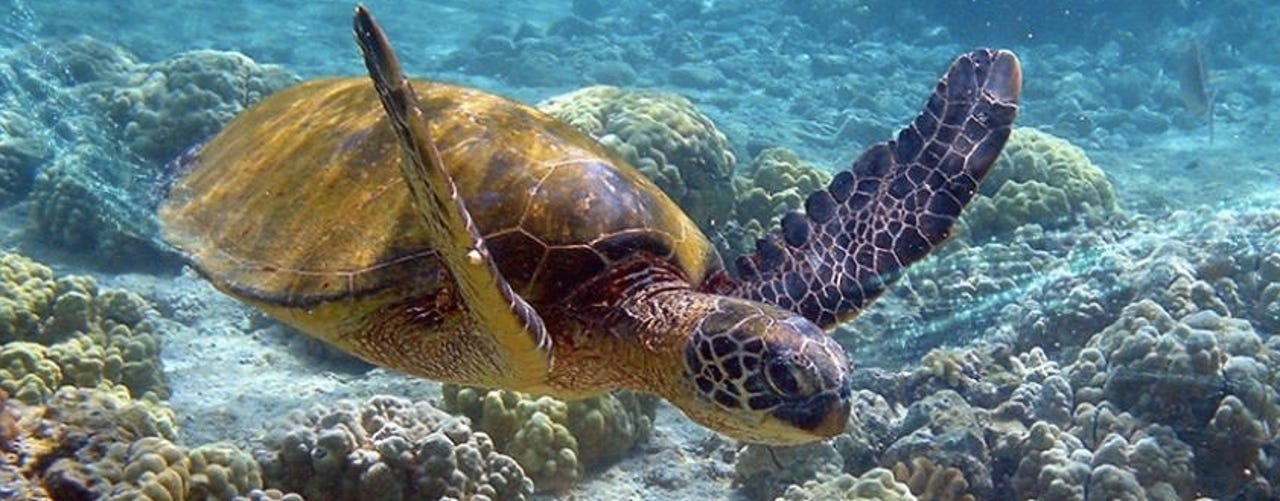XPrize's latest innovation competition: Protect ocean pH


XPrize, the non-profit organization behind the $10 million Qualcomm tricorder prize and Google's $30 million sponsorship of a Lunar landing effort, announced the roster of teams competing for the Wendy Schmidt Ocean Health XPRIZE, a $2 million competition designed to help improve the world's understanding of ocean acidification.
Surprisingly, tools for detecting changes in ocean pH, one of the biggest threats to ocean health, are incredibly scarce — a fact that's largely the impetus behind the competition. XPrize said sophisticated sensors are needed by marine industries including science, management, fisheries — and basically everyone and anyone connected to the seas.
The 18 competing teams have worked to develop these much-needed ocean pH sensing technologies, each with the potential to provide the data needed to deal with ocean acidification, which XPrize cites as the "evil twin" of climate change. If successful, XPrize also hopes the competition will work to drive the growth of sustainable industries in ocean services.
Here's a sample of a few of the competing teams:
Featured
pHFine Scale, Seaside, California – This family team that includes five teenagers worked on the design, manufacturing, calibration and delivery of pH instruments to a coral reef ocean acidification at Heron Island, part of the Great Barrier Reef. Their design leverages concepts from an environmental monitoring and water control project that had been in the prototype stage prior to focusing their efforts on the Ocean Health XPRIZE.
Boardformula, San Diego – Focusing on the potential of what they call Citizen Science, this team’s concept revolves around surfboards. The gist of the technology is to outfit surfboards with an embedded chip containing GPS, temperature sensors and a pH sensor that will record data while the surfer rides the waves. The data can then be synched with a smartphone and uploaded to a system for analysis.
National Oceanography Center, Southhampton, UK – This group of marine scientists focused on the development of sustained ocean observing, mapping and surveying, as well as data management and scientific advice. The goal of their technology is to enable scientists to make measurements and observations where and when they require.
Blue Devil Engineering, Beaufort, North Carolina – Originating as a club for Duke University students, this team and its leaders has worked to cultivate a culture of ocean engineering that will work hand-in-hand with marine conservation scientists.
NanoInnovations, Sugarland, Texas – This group of female executives, led by Dr. Huma Jafry, worked on the development of nanomaterials for applications in fracturing fluids for oils and gas wells, catalysts for water purification, self-cleaning disinfectants within fabrics, and X-ray radiation absorption.
SINDEN, Fukuoka, Japan – This team is comprised of faculty, scientists and engineers from Kyushu University's International Institute for Carbon-Neutral Energy Research, the Kyushu Institute of Technology, the University of Tokyo and the Japan Agency for Marine-Earth Science and Technology.
The full roster of teams will soon test their technology in a series of trials at California's Monterey Bay Aquarium Research Institute. The tests will span three trials that measure the accuracy, stability and precision of the equipment, as well as the ease of use and affordability of the technology.